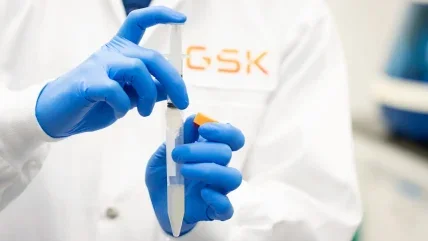
UK-based pharmaceutical company GSK has acquired Elsie Biotechnologies, a US-based biotechnology company developing oligonucleotide therapeutics, for up to $50m.
Oligonucleotides are a class of drugs made of single- or double-stranded small synthetic nucleic acid polymers that can be used to modulate gene expression.
The acquisition builds on GSK’s past relationship with Elsie, started with the integration of the US drugmaker’s oligonucleotide technologies to enhance its platform R&D capabilities.
Also, GSK entered a research collaboration with Elsie in July last year, to explore and validate Elsie’s oligonucleotide technologies.
Elsie chief operating officer Kevin Green said: “We are thrilled to be a part of GSK and work alongside the talented R&D team dedicated to oligonucleotide drug development.
“We believe our platform will make significant contributions to the field and we believe GSK is the best partner to help advance this effort.”
Oligonucleotides, the new modality of drugs can address a significant proportion of therapeutic targets that are not amenable to traditional small molecules or biologics.
GSK said that the data generated with the Elsie platform, together with its expertise in AI and machine learning, will support the predictive models for future oligonucleotide design.
The acquisition is in line with the company’s goal of advancing novel platform technologies to advance drug development and deliver new medicines to patients.
Currently, the British drugmaker is advancing its oligonucleotide therapeutics in chronic hepatitis B and steatotic liver disease, along with other areas beyond liver disease.
GSK chief scientific officer Tony Wood said: “We have already made great strides in oligonucleotide drug development through our work in chronic hepatitis B and steatotic liver disease, and are thrilled to work alongside the talented team at Elsie to accelerate a next-generation oligonucleotide platform.
“By bringing together Elsie’s expertise and our internal capabilities, we can design and develop oligonucleotides for difficult-to-treat diseases of scale with larger patient populations.”






